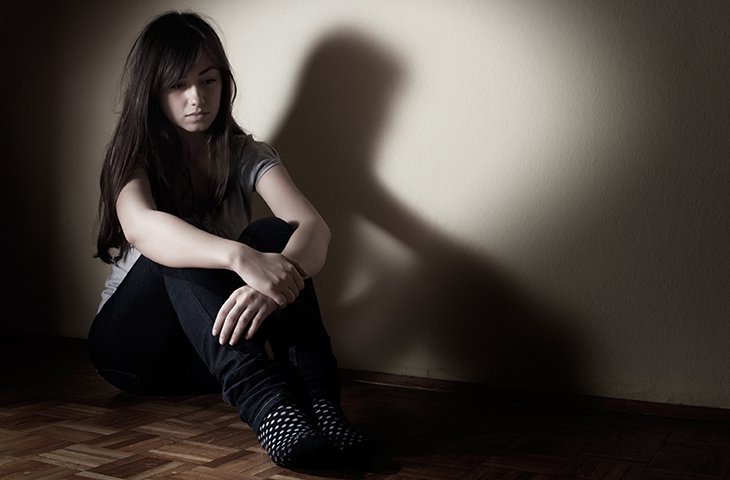Psychology expert confirms new app is effective for people with anxiety and agoraphobia
- Thursday, March 16, 2017
Psychology Reader, Dr Elias Tsakanikos evaluated the effectiveness of a new app to improve people’s lives who suffer from agoraphobia.

Agoraphobia is an anxiety disorder in which people are fearful of situations where it can be difficult to escape. For example, they may be afraid of travelling on public transport, visiting shops, or even leaving home. According to Anxiety UK, there are approximately 3 million of the UK’s population living with an anxiety disorder. Cognitive-Behavioural Therapy is an established treatment for people with anxiety however of the population living with anxiety, only 16.7% seek help and 21.3% of these people receive the treatment needed.
Dr Tsakanikos worked in partnership with University College London and Thrive, a company that develops software to improve mental health. He said “Despite the fact that Cognitive-Behavioural Therapy is more widely available, many patients do not receive help. There are many barriers to treatment such as fear of long-waiting lists, fear of being stereotyped, or transportation problems.”
Dr Tsakanikos collaborated with Dr Andres Fonseca, Consultant Psychiatrists and CEO of Thrive, to design the first randomised controlled trial to directly compare an agoraphobia-specific app, called ‘Agoraphobia Free’ with a generic anxiety related app, called ‘Stress-Free’.
The app features a case example of a virtual character who suffers from agoraphobia. Users of the app are required to guide the character, through the help of the virtual therapist to complete different therapeutic tasks based on Cognitive-Behavioural Therapy principles. Users were able to improve by applying the techniques learned in the app to their own unique situations.
Results showed that agoraphobia sufferers benefited both from the agoraphobia specific app and the generic anxiety-related application, suggesting that both apps are equally effective in reducing anxiety levels in both groups.
Dr Tsakanikos explains: “This trial proves that mobile applications can be successfully administered to a particular population that is hard to reach otherwise, without requiring guidance by a clinician. This could potentially save time for clinicians, at the same time as being convenient for patients in helping them overcome many barriers to treatment.”
Agoraphobia Free was designed with input from individuals suffering from agoraphobia and members of Anxiety UK. Thrive apps have been adopted so far by 26,000 users worldwide.
100% of the Department of Psychology research is rated 'world leading' or 'internationally excellent' for its impact (REF 2014). We offer outstanding undergraduate and postgraduate degrees in three distinct areas; psychology, the arts and play therapies, and counselling psychology.
